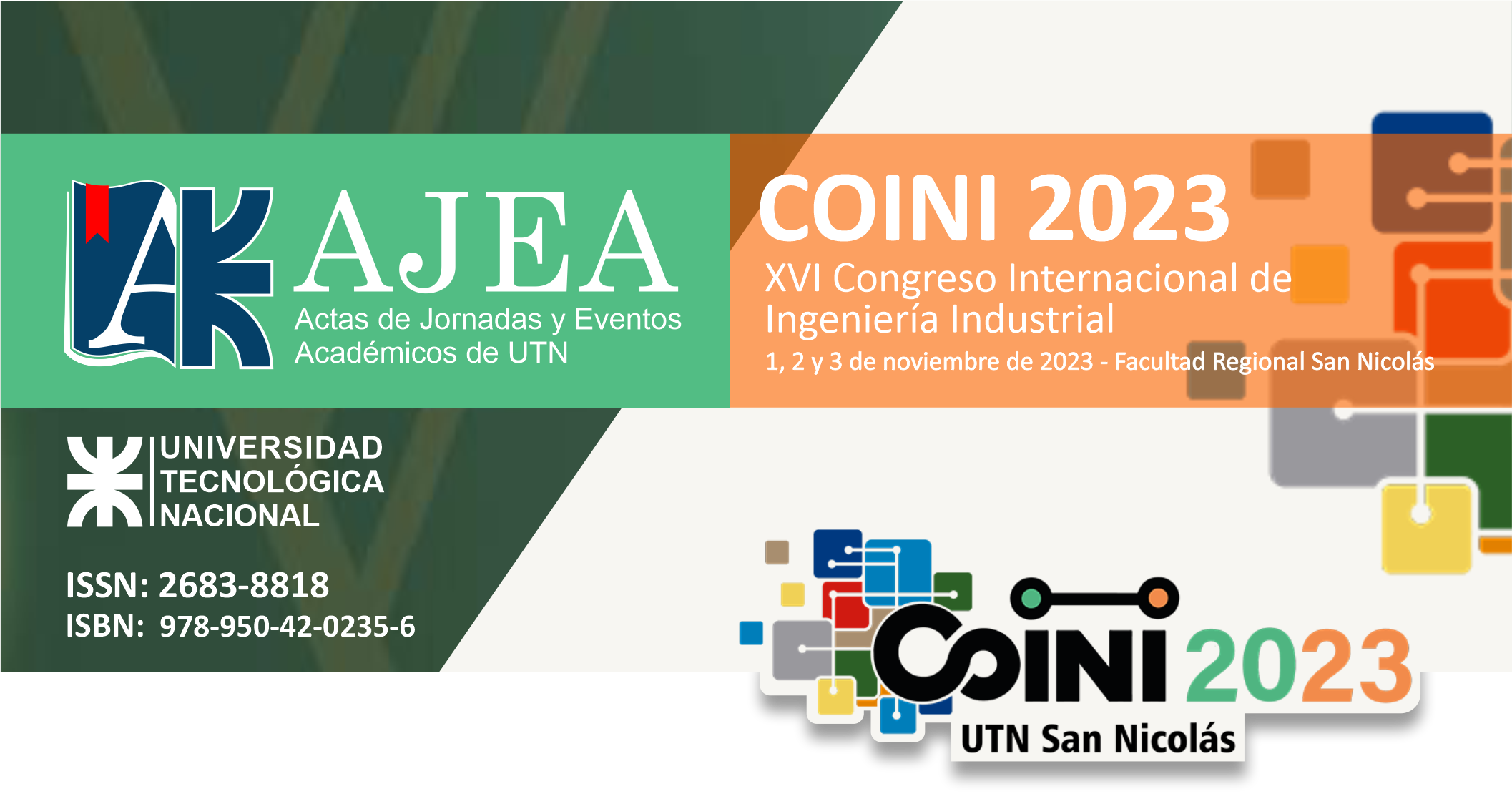EXPOSURE TO TECHNOLOGY IN POST-PANDEMIC: FACING THE NEED TO MODERATE ITS USE TO PREVENT RISKS
Keywords:
Learning disorders, mobile phone addiction type, revention and treatment of technological addictions, virtual environments and mental health, artificial intelligence (AI) and ChatGPTAbstract
Exposure to various technological applications has increased since the COVID 19 pandemic period. The main increase in the hours of use of Internet devices and services seems to affect various social groups, particularly children and young people of school and university age.
Mobile phone addiction is linked to a type of behavioral addiction. The continued desire and dependence on the use of mobile phones leads to social damage and psychological functions. Research on the use of mobile phones shows that both young-adults and teenagers have a certain predisposition to addictive use that shows a growing predisposition year after year.
Young university students, after the period of almost two years confinement of Covid 19, more frequently show learning difficulty problems associated with learning, addictions to devices and socialization problems. This work proposes to establish a framework of knowledge to understand the current situation faced with the need to moderate the use of technological devices and services, often based on artificial intelligence, as is the case of social networks and ChatGPT, to prevent addictions, disorders and associated diseases. Likewise, from the academic field, guidelines will be included for moderation by professors and academic leaders in the classroom.
Downloads
Metrics
Downloads
Published
How to Cite
Conference Proceedings Volume
Section
License
Copyright (c) 2024 Guillermo Andrés Chinni, Horacio Lurati Irurzun, Juan José Buela

This work is licensed under a Creative Commons Attribution-NonCommercial 4.0 International License.










